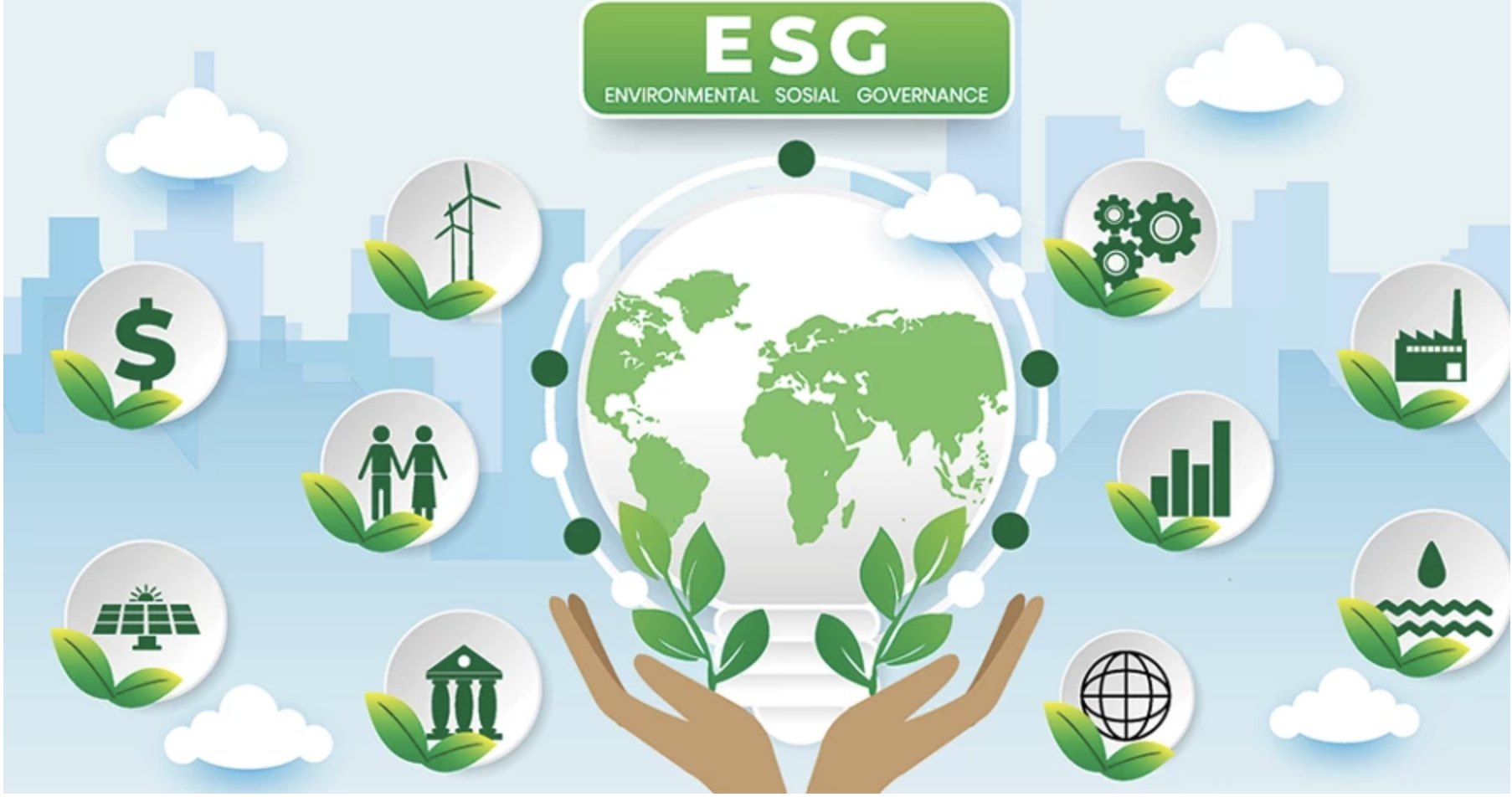
Our Services
ESG Concept

What is ESG?
Overview of Environmental, Social, and Corporate Governance (ESG) Standards
Introduction to ESG
ESG (Environmental, Social, and Governance) represents a set of criteria that companies use to assess their environmental impact, stakeholder relationships, and internal governance practices. ESG frameworks were initially developed to address sustainability concerns in investments. Today, they are widely recognized as essential standards for companies across industries to identify and manage non-financial risks and opportunities.
The Importance of ESG
In the face of global challenges such as climate change, inequality, and the shift from a linear to a circular economy, the need for ESG practices is growing. Investors, consumers, and regulators increasingly focus on companies that manage natural and social resources responsibly and establish governance structures aligned with sustainability goals. ESG factors now play a crucial role in assessing a company’s investment potential, as many investors use these criteria to evaluate potential opportunities.
The Three Components of ESG
- Environmental
The environmental component evaluates a company’s interaction with nature. Key aspects include:
● Resource use: How materials are sourced, and whether they are recycled or contribute to a circular economy.
● Emissions and pollution: The company’s practices regarding greenhouse gas emissions, pollution control, and toxic waste management.
● Biodiversity and land use: The company’s efforts to conserve biodiversity and use land resources sustainably.
● Water management: Efficient use and management of water in the production process.
The environmental component is considered the most complex due to the broad range of factors involved and the extensive data required for comprehensive reporting. -
Social
The social component reflects the company’s relationships with employees, customers, suppliers, and the communities where it operates:
● Labor practices and employee well-being: Fair wages, workplace safety standards, and opportunities for professional growth.
● Product responsibility: Ensuring product quality and safety, as well as maintaining responsible sourcing practices.
● Community impact: Engaging with diverse communities and improving product accessibility for underserved groups. -
Governance
Governance refers to a company’s internal policies, decision-making processes, and ethical standards:
● Shareholder rights and board structure: Including board diversity and shareholder voting rights.
● Executive compensation: Ensuring alignment between executive incentives and the company’s sustainability goals.
● Corporate conduct: Anti-corruption policies, fair competition, and ethical business practices.
Why does ESG Matters Across Sectors?
The importance of ESG factors varies by industry sector. For example, greenhouse gas emissions are more critical in the energy sector than in banking. This concept, known as materiality, helps identify which ESG principles are most financially significant for a given company. Companies are increasingly adopting a dual materiality approach, which considers both financial and societal impacts in ESG reporting.
How Are ESG Reports Prepared?
Although initially designed for investors, ESG frameworks have become widely accepted as reporting standards. Common frameworks include the Global Reporting Initiative (GRI) and the Sustainability Accounting Standards Board (SASB). These standards provide guidance for companies on how to disclose ESG-related information. ESG reports can be published annually or continuously updated online to transparently demonstrate ESG performance.
ESG and Investing
The growth of ESG investing demonstrates how financial markets can drive change by rewarding companies that adopt responsible practices. Investment products such as green bonds, mutual funds, and ETFs allow investors to align financial decisions with environmental and social values.
The Role of ESG Professionals
ESG professionals work across various sectors, including investment and corporate advisory. They provide expertise on sustainability practices, help companies achieve carbon neutrality, and ensure compliance with evolving ESG reporting requirements.
Building a Sustainable Future with ESG
ESG frameworks help companies to manage risks, capture new opportunities, and align with broader sustainability goals. As more businesses adopt ESG practices, the frameworks continue to evolve. Ultimately, ESG frameworks guide businesses, investors, and society toward a sustainable future through sound environmental management, social responsibility, and strong governance.